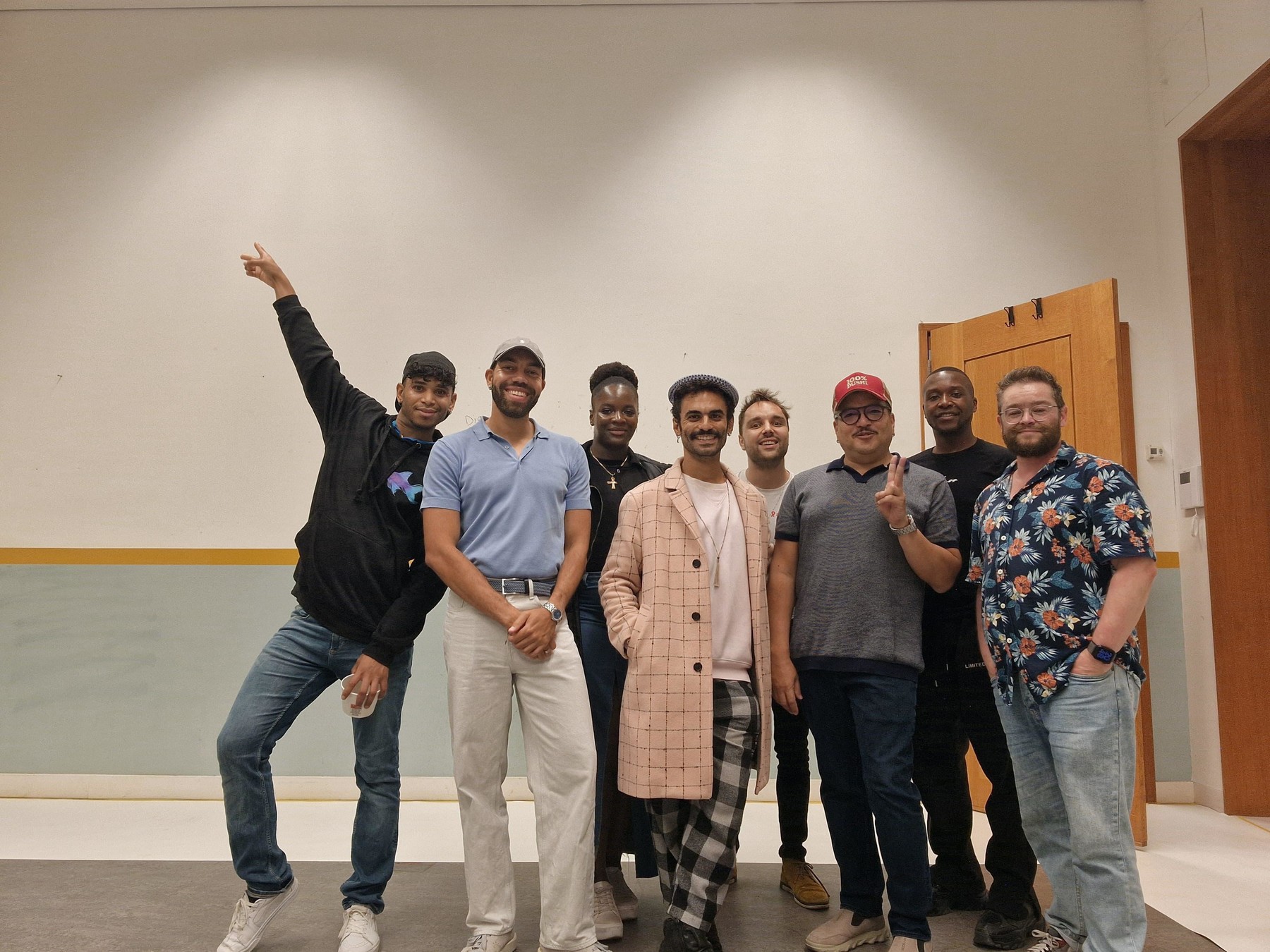Regenbooghuis
Amsterdam is seen by many as the city where freedom, equal rights and expressing your opinion are a given. Where LGBTIQ+ rights are increasingly restricted in other places around the world, Amsterdam says it wants to give more space, physically too. Provided that as an organization you stick to the rule: if the municipality says jump, you ask how high.
It is with astonishment and dismay that we have learned of the decision of the municipality of Amsterdam to stop the subsidy for Stichting Het Regenbooghuis at the last possible moment, effective 1 January 2025. Not so much because of the money – after all, municipal resources are limited and the alderman is free to determine for herself how she will arrive at a subsidy distribution. The foundation is all the more astonished because of the incorrect representation of reality to the board of mayor and alderpersons and the city council, the unprofessional attitude of the civil servants and the demands that verge on censorship.
Just when the building is finished and ready for use after much wrangling, the municipality is pulling the plug on the subsidy relationship with Stichting Het Regenbooghuis. On October 1, 2024, the subsidy for programming after the renovation came into effect; less than a month later, on October 25, the municipality phoned to tell us that we had to suspend all activities. The written message followed on October 29, the substantive reproach came in December: the realization of the subsidized activities has been “delayed, insufficient or not realized”. In the 25 intervening days, Stichting Het Regenbooghuis has indeed not succeeded in realizing 6 months worth of programming.
In recent years, the organization has worked tirelessly (and largely voluntarily) to work on the renovation of the Regenbooghuis. A program council has been appointed – which also started working on a voluntary basis –, new board members have been installed and activities have already been organized and facilitated to be able to serve the community up to now. It is not thanks to the cooperation of the municipality of Amsterdam, but despite the administrative over-monitoring and the continuous change of policy advisors – the organization has had to deal with no fewer than 11(!) different advisors – that the Regenbooghuis is now there. With each new policy advisor came new commitments and new hurdles were thrown up. In 2023, a decision by the municipality even took so long that it had to pay the foundation the maximum penalty payment. While the municipality does not have its own affairs in order, it is all too eager to project the image of an unprofessional, obstructive foundation. Even when drawing up the draft council letter to inform the municipal council members, alderman Meliani fails to get the facts straight. Dates of decisions are mixed up, ‘tasks’ are assigned to the foundation as if the municipality were the client and the foundation the executor, and objectives for granting subsidies are invented.
The origins of Het Regenbooghuis
In 2019, a delegation of BPOC Queer and transgender people entered into a dialogue with mayor Femke Halsema at her request. Halsema wanted to know from them what Amsterdam could do to offer them more safety. The answer was simple: a place of their own of, for, and by the community to come together, heal, organize programs and “celebrate that we are here”. After all, there is no such space available for these specific target groups in the whole of Amsterdam. The fact that this call was answered is greatly appreciated. This already vulnerable target group is now doubly victimized by the decision of the municipality and the reasons for the decision.
The community is now being accused by the municipality of professional incompetence, and of not wanting to provide evidence of a broad network of partners and users, nor of being able to provide insight into the planned programming and activities.
What the alderman actually writes is that the biweekly discussions between the policy advisor of the municipality and the board of the organization have not led to the organization dancing to the alderman's tune. After all, the organization is its own legal entity, bound by its own statutes and objectives. Moreover, the community would be "in the lead", was the promise in 2020. Nevertheless, the organization has been willing and has provided access to documents on a regular basis. However, a firm line was drawn when demanding input on the branding and naming of the organization by the municipality. In particular, the branding - an internal matter, since the organization is a legal entity independent of the municipality - was presented by the municipality in the discussions as a compelling reason to end the subsidy relationship. For example, alderman Meliani wanted to prevent the organization from going public with the new name 'Queer HeadQuarters'. The municipality's desire to interfere with internal organizational matters is in fact a form of censorship. In addition, Stichting Het Regenbooghuis was not prepared to keep a tally of which collaboration partners were ‘white’ and which were ‘of colour’, in order to prove that Het Regenbooghuis would be sufficiently inclusive towards ‘the broader LGBTIQ+ community’. After all, there are limits to a subsidy relationship.
Thanks to the efforts of countless people from the community, who volunteered hundreds of hours to create a place for the community, we were on the eve of the opening of Het Regenbooghuis. In the end, it all turned out to be for nothing; the dining kitchen remains empty, the desks unused and it is the most marginalized community that is the victim of the mismanagement of the municipality.
